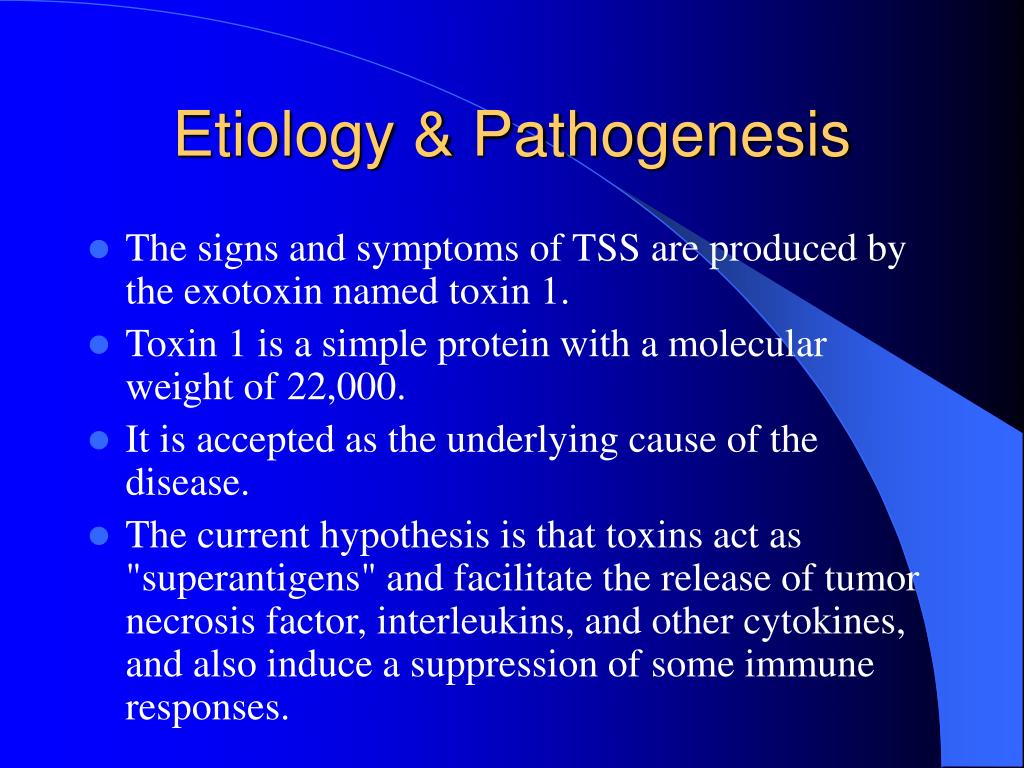
What is the first aid treatment for shock? The most important step in shock first aid treatment is calling 911. Dizziness, lightheadedness or faintness.Other signs and symptoms of shock may include: Extremely low blood pressure is one of the most common signs.

The symptoms of shock depend on the cause and type of shock. What are the signs and symptoms of shock? The amount of time shock lasts depends on the type of shock and how quickly you receive treatment. Neurogenic shock: Occurs due to damage to your nervous system, caused by a spinal cord injury.ĭistributive shock may also occur due to drug overdoses, brain injuries and certain endocrine disorders (such as Addison’s disease).Septic shock: Occurs due to a severe bacterial infection in your bloodstream.Anaphylactic shock: Occurs due to a severe allergic reaction ( anaphylaxis).There are several types of distributive shock. When this happens, your blood pressure lowers and your organs don’t receive enough blood flow and oxygen. Blood or fluid buildup in the space between your heart muscle and outer heart sac (cardiac tamponade).ĭistributive shock occurs due to excessive widening (dilation) of your blood vessels.Air trapped between your lung and chest wall (tension pneumothorax).Blood clot in your lungs ( pulmonary embolism).It can also occur due to a buildup of fluid in your chest cavity. Obstructive shock occurs due to a blockage in your heart, arteries or veins which prevents blood from flowing properly. Heart valve tear or infection ( endocarditis).Heart muscle rupture or infection (myocarditis).The most common causes of cardiogenic shock include: Loss of other bodily fluids due to major burns, inflammation of your pancreas ( pancreatitis), a hole in your intestinal wall, severe vomiting or diarrhea, certain kidney disorders, excessive use of diuretics (medications that rid your body of salt and water) or untreated diabetes.Ĭardiogenic shock occurs when damage to your heart leaves it unable to pump as much blood as your body needs.Severe internal bleeding due to an ulcer, a ruptured blood vessel or a ruptured pregnancy outside of your uterus ( ectopic pregnancy).Excessive external bleeding due to cuts or other injuries.So, the amount of blood pumped out to your body is lower than normal. Low blood volume means the amount of blood entering your heart with every heartbeat is lower than normal.

Hypovolemic shock occurs due to low blood volume. These include hypovolemic shock, cardiogenic shock, obstructive shock and distributive shock. There are several different types of shock.


 0 kommentar(er)
0 kommentar(er)
